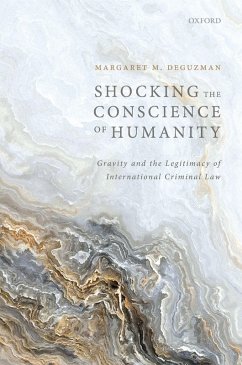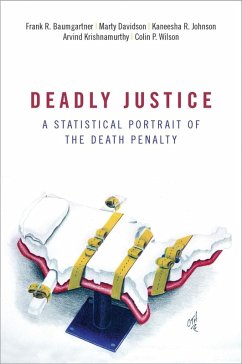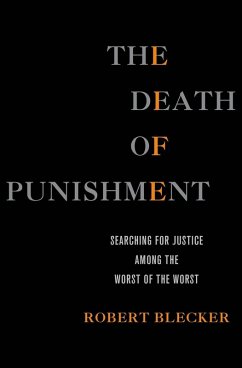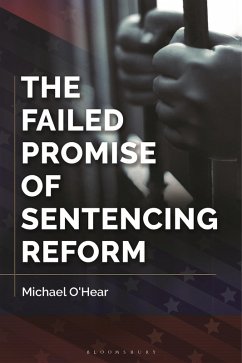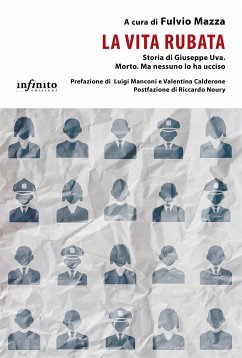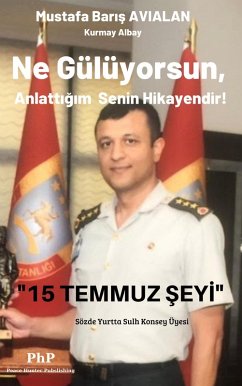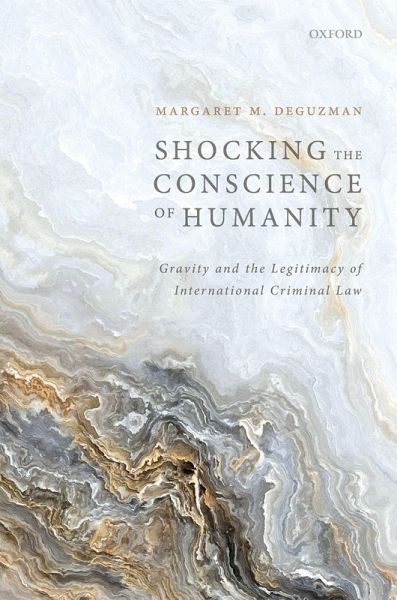
Shocking the Conscience of Humanity (eBook, ePUB)
Gravity and the Legitimacy of International Criminal Law
Versandkostenfrei!
Sofort per Download lieferbar
13,95 €
inkl. MwSt.
Weitere Ausgaben:

PAYBACK Punkte
7 °P sammeln!
The most commonly cited justification for international criminal law is that it addresses crimes of such gravity that they "shock the conscience of humanity." From decisions about how to define crimes and when to exercise jurisdiction, to limitations on defences and sentencing determinations, gravity rhetoric permeates the discourse of international criminal law. Yet the concept of gravity has thus far remained highly undertheorized. This book uncovers the consequences for the regime's legitimacy of its heavy reliance on the poorly understood idea of gravity. Margaret M. deGuzman argues that g...
The most commonly cited justification for international criminal law is that it addresses crimes of such gravity that they "shock the conscience of humanity." From decisions about how to define crimes and when to exercise jurisdiction, to limitations on defences and sentencing determinations, gravity rhetoric permeates the discourse of international criminal law. Yet the concept of gravity has thus far remained highly undertheorized. This book uncovers the consequences for the regime's legitimacy of its heavy reliance on the poorly understood idea of gravity. Margaret M. deGuzman argues that gravity's ambiguity may at times enable a thin consensus to emerge around decisions, such as the creation of an institution or the definition of a crime, but that, increasingly, it undermines efforts to build a strong and resilient global justice community. The book suggests ways to reconceptualize gravity in line with global values and goals to better support the long-term legitimacy of international criminal law.
Dieser Download kann aus rechtlichen Gründen nur mit Rechnungsadresse in A, B, BG, CY, CZ, D, DK, EW, E, FIN, F, GR, HR, H, IRL, I, LT, L, LR, M, NL, PL, P, R, S, SLO, SK ausgeliefert werden.




